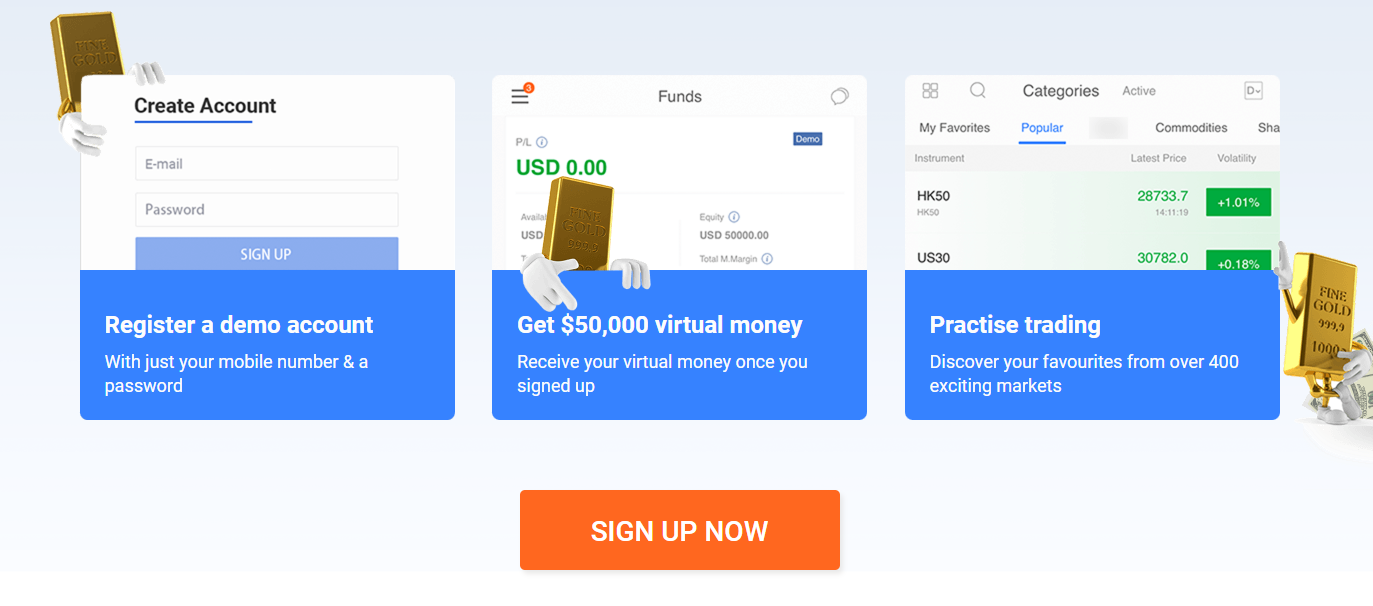What is Futures Trading? Things you need to know before Futures trading in India
In the world of Financial Derivatives, Futures have been a crucial part. Futures are one of the derivatives contracts where traders buy or sells their underlying assets or securities at a set price or time. The assets could be anything ranging from commodities, currencies or stocks. The contract is done through a recognized exchange where both the buyer and seller will be mediated fairly. Before the trade proceeds, both the parties will put a margin, which is just a nominal margin as a part of the contract agreed.

As we all know that the market is very volatile and liquid, there will be fluctuation in price range almost on daily basis. To settle this fluctuation in price, the party will settle the difference from the margin agreed. Eventually when the time comes, both the party only have to settle the spot price they agreed on, eliminating all the differences.
Difference between Futures and forwards market
When it comes to dealing futures and forwards contracts, lots of traders may get confused since the nature of both these contracts “sound” similar but technically really different. Below are some few points which will clear the difference between these two contracts.
| Foward Contracts | Futures Contracts |
1) A forward contract is signed based on the agreement between the two parties regarding the price, the quality and the quantity, as well as the delivery date of the underlying asset. They are not standardised. | 1) In a futures contract, the transaction is standardised in terms of quantity, quality, and delivery date. |
2) A forward contract has one specified delivery date when the deal takes place | 2) with Futures, there is a range of delivery dates which both the parties sets accordingly. |
3) A forward contract is not facilitated by any formal bodies. | 3) A futures contract is regulated by stock exchange. |
4) There is no initial payment required before the contract. | 4) The Futures contracts needs initial margin to settle the market fluctuation. |
| 5) The Forward contracts happens directly between the buyer and the seller without any middle man. | 5) Future contracts are regulated by markets and needs an exchange platform. |
How to trade Futures in Indian Market? How does it work?
In India, Future contracts are regulated by National Stock Exchange and Bombay Stock Exchange. The basic logic for future trading is simple as we have explained above. The two parties will take opposite stance where one agrees to sell with a specific price and other agrees to sell at specific price whatever the market price was at the moment. For futures you need two parties A and B, specific price, specific quantity and specific duration. On basis of these three factors, both the party agrees the contract which will be conducted when time comes. Besides NSE and BSE, futures market is also highly regulated by Securities and Exchange Board of India (SEBI). It ensures that none of the parties play foul during the trade, hence maintaining the integrity of the market.
Types of Future Derivatives in Indian Market

In India, there are several other option for Futures where you can explore more opportunities and as well as make your trade trading portfolio more rich. Please keep in mind that these are the types of assets that you can use to trade futures contract with and not other variations of the future contracts itself. Followings are the top 5 options you can trade future contracts with:
1) Currency Futures
Currency Futures are one of the most popular and preferred type of trade in India. In currency future contract, you set a detailed price at which the currency could be bought or sold. Once you fix the price you set a specific date on which the exchange will be done.
2) Commodity Futures
In this contract, a trader will buy or sell a set of commodity which has a fixed quantity and price at the fixed time. Commodities like Gold, silver or Crude oil are most popular among other items. These are mainly traded to protect a position in the investment to avoid any major loses.
3) VIX Futures
VIX or Volatility Index is another option for trader where liquid and volatile assets can be traded. The most basic and common method to buy exchange-traded funds and exchange-traded notes. You can visit our previous article to know more about ETFs.
4) Stock Futures
Stock futures has been around in Indian market for over a decade now, Stock futures have high leverage but at the same time carries high risk also. You can trade stock futures just like other stocks on exchange market like NSE or BSE but it has a limited and specific list of stocks only.
5) Interest rate futures
This contract is a little different from the others because you are not buying or selling any underlying assets but instead you manage government bonds and securities which bears interest in long run. This could be considered more safe and capital-efficient way to trade future contracts.

In a kind of trading, there always will be good and bad deals. Futures also has both benefits and risks. In this part we will compare the key points of futures.
| Advantages | Disadvantages |
1) Futures contracts have minimal margin. | 1) Leverage can make trading in futures contracts highly risky for a particular strategy. |
2) The commission charges for futures trading are relatively small as compared to other type of investments. | 2) They trade in large amounts that cannot be partially closed |
3) Futures contracts are on exchange so somewhat reduce counter party risk | 3) Futures contract is standardized product and written for fixed amounts and terms. |
Conclusion:
Futures contracts are one of the best options available for traders based in India. It has a well regulated bodies and exchange platforms where traders can focus solely on trading without worrying about other stuff. As there are many other options for futures, it can diversify your portfolio and make reasonable profits at the same time. It can be used to hedge losses and also manage the delivery within the specific dates, which gives a trader great control over their own decision making.
The content presented above, whether from a third party or not, is considered as general advice only. This article does not contain and should not be construed as containing investment advice, investment recommendations, an offer of or solicitation for any transactions in financial instruments. Mitrade does not represent that the information provided here is accurate, current or complete. For any information related to leverage or promotions, certain details may outdated so please refer to our trading platform for the latest details. *CFD trading carries a high level of risk and is not suitable for all investors. Please read the PDS before choosing to start trading.
- Original
- Trading Analysis
Risk Warning: Trading may result in the loss of your entire capital. Trading OTC derivatives may not be suitable for everyone. Please consider our legal disclosure documents before using our services and ensure that you understand the risks involved. You do not own or have any interest in the underlying assets.



